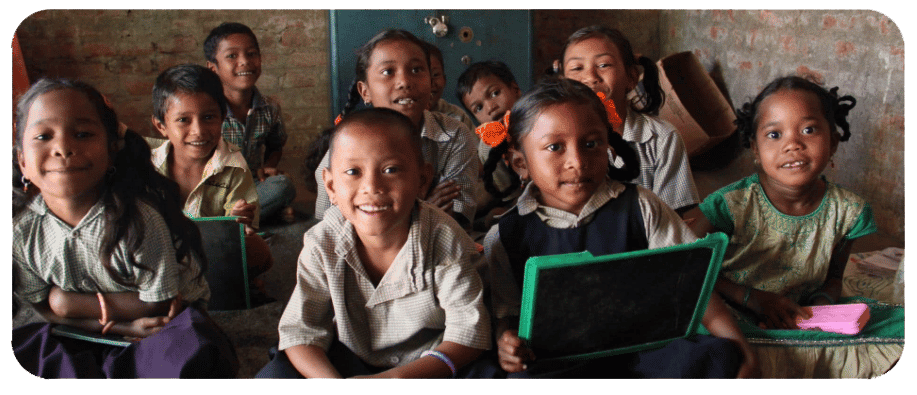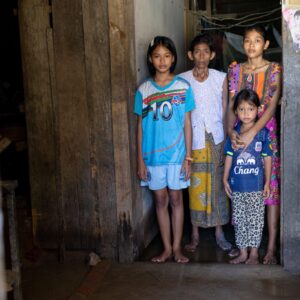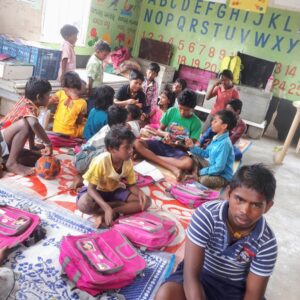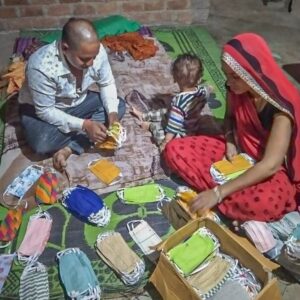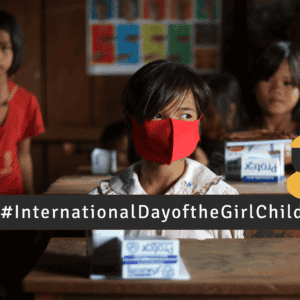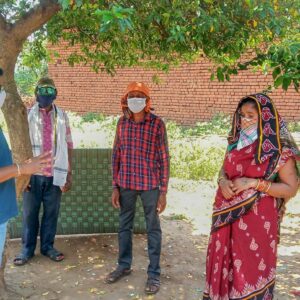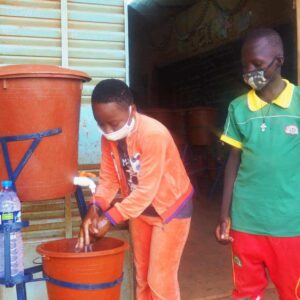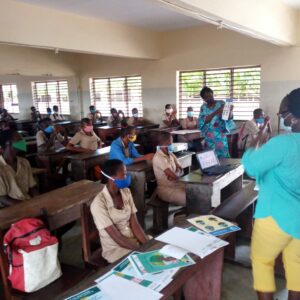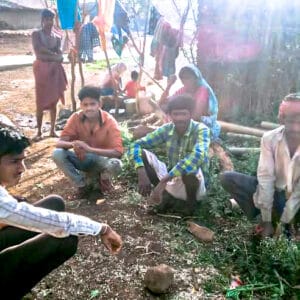In Sri Lanka, following the closure of our vocational training centers due to COVID-19, our skills development program, iLEAD, has adapted using technology. Thus, the trainees were able to continue their training across the country, despite the crisis. This initiative ensured all 372 registered students continuing with their regular online classes through their respective iLEAD centers in 14 locations. Learning from this experience, another 33 iLEAD centers in India are planning to start similar online classes for 2000 students.
In order to limit the spread of Coronavirus, Sri Lanka, like many other countries, has suspended classroom instruction. To avoid this decision hindering the education of learners, the trainers of our iLEAD program have adopted virtual learning tools, including Google classroom and WhatsApp to deliver online skill-training classes to the trainees. “By the time COVID-19 lockdown was announced, we were halfway through the course for the present batch. If we discontinue the course, the students might altogether lose interest in the course and stop attending the classes once they resume after the lockdown ends. So to maintain their interest we had to think about an alternative,” says Nancy, iLEAD faculty- Trincomalee, Sri Lanka.
Digital solutions, simple and effective
The Google classroom application is used to teach lessons, share presentations and videos, discuss quarries as well as share feedback. The marking of assignments also takes place immediately, an advantage of the platform. The instructors have the advantage of sharing multi-lingual learning materials in English, Tamil, and Sinhala languages depending on the requirement. Whatsapp was used as an informal communication tool to exchange doubts and clarifications between trainees and trainers. “We would use Whatsapp primarily for sharing notices and alerts. Now we are using the google classroom app, which we feel, is a good platform to conduct online classes. As most of us use android phones, it was very simple to use google platforms”, says Nancy.
The recently adopted online teaching has had some shortcomings compared to regular learning, mainly implementing practical assignments for non-IT streams such as beautician courses, poor network streaming, and network reception in semi-urban and rural areas. Despite the limitations, the majority of the trainers were satisfied with the way trainees were taking part in the classes, working on the assignments and engaging themselves pro-actively during lockdown.
This initiative ensured all 372 registered students continuing with their regular online classes through their respective iLEAD centres in 14 locations. Learning from this experience, another 33 iLEAD centres in India are planning to start similar online classes for 2000 students.
With no end visible to COVID-19 for at least the next few months, the iLEAD program hopes to continue to offer technology-based online classes to the trainees. Going further, the team is contemplating providing online courses to marginalized youths on skills and re-skilling alumni in the future, which could be a game-changer in the skill development sector.


